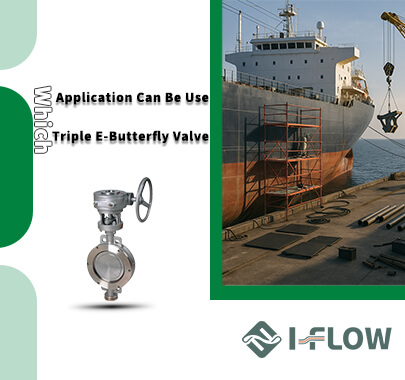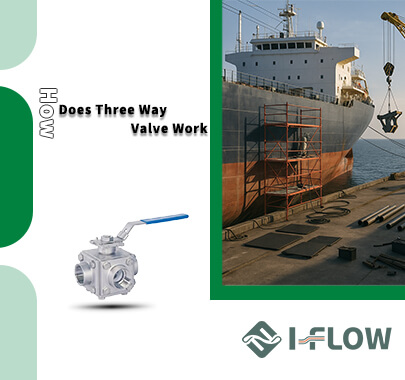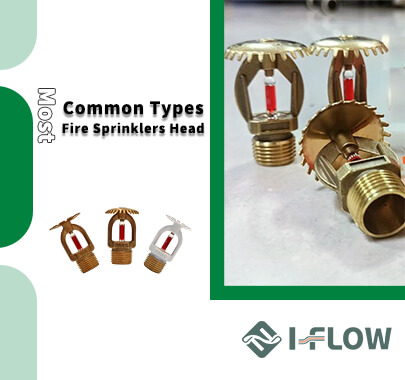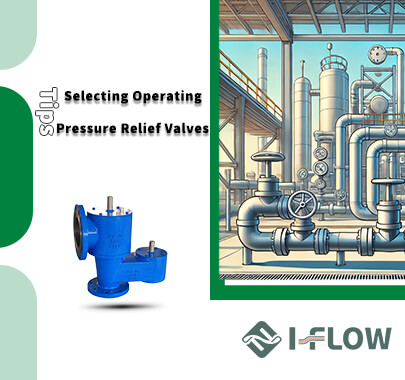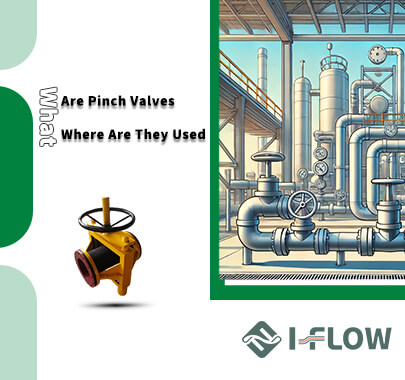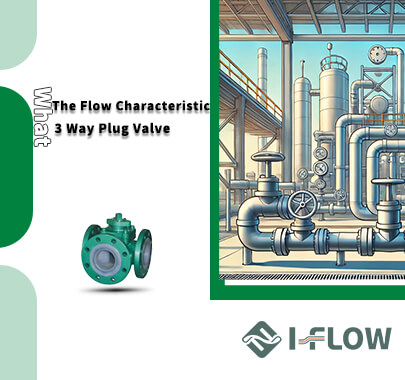Primary Purposes of Valves
1. Flow Regulation and Control
Valves are primarily used to regulate the flow rate of fluids. This can involve either adjusting the volume of fluid flowing through a system or controlling the pressure and velocity to meet the operational needs. For instance, control valves in heating or cooling systems precisely adjust water or steam flow to maintain temperature stability, ensuring the system performs as expected.
2. Shutting Off Fluid Flow
One of the most fundamental purposes of a valve is to control fluid flow by completely shutting it off when necessary. Valves like gate valves and ball valves are commonly used in isolation applications, where a portion of a system must be shut off for maintenance or repairs. These valves create a reliable, tight seal to prevent any leakage, ensuring the safety and integrity of the system.
3. Directing Flow
Valves such as diverting valves or multi-port valves are designed to direct fluid from one pipeline to another. They are essential in systems where the direction of flow needs to be adjusted depending on operational demands. For example, in chemical processing, diverting valves may switch between different reactants, ensuring that the correct ingredients are mixed or routed for further processing.
4. Preventing Backflow
Valves such as check valves are designed to prevent backflow or reverse flow in pipelines. These valves are typically installed to protect systems from potential damage caused by the reversal of flow, such as contamination of fluid or damage to equipment. They are critical in industries such as water treatment and oil & gas, where backflow could lead to costly repairs or safety hazards.
5. Pressure Regulation and Relief
Pressure relief valves are another vital category of valves that help protect systems from overpressure. These valves automatically release fluid when the pressure within a system exceeds a pre-set threshold. They are commonly used in steam boilers, gas pipelines, and high-pressure systems to avoid catastrophic failures. Similarly, pressure-reducing valves help maintain a consistent pressure, ensuring the system operates efficiently and safely.
6. Temperature Control
In many fluid systems, temperature regulation is necessary to maintain the proper functioning of processes. Thermostatic valves, for example, adjust the flow of hot or cold fluids to maintain the desired temperature. These valves are commonly found in HVAC systems, cooling circuits, and heating systems, where they help maintain specific thermal conditions for comfort, efficiency, or process optimization.
7. Safety and Protection
Valves are essential for safety in various industrial applications. They protect systems and personnel by controlling dangerous flows, preventing system failures, and ensuring compliance with safety standards. Safety valves and relief valves play a vital role in ensuring that pressure limits are never exceeded, which could otherwise result in hazardous situations like explosions, leaks, or system breakdowns.
Industries Where Valves Are Indispensable
Oil and Gas: Valves control the flow of hydrocarbons, gases, and chemicals within pipelines, refineries, and offshore platforms. Proper valve control ensures that hazardous substances are safely contained, preventing spills, leaks, or environmental damage.
Water Treatment and Distribution: In water treatment plants, valves regulate the flow of raw water, chemicals, and treated water. They are crucial for directing water to different treatment stages and maintaining pressure within the distribution network.
Power Generation: In power plants, valves manage the flow of steam, water, and gases. They are integral to controlling turbines, condensers, cooling systems, and boilers, ensuring that power generation is both efficient and safe.
Chemical Processing: Valves in chemical plants control the flow of various reactants, solvents, and products. Precise control is necessary to prevent unwanted chemical reactions, ensure proper mixing, and comply with safety standards.
Food and Beverage: In the food industry, valves ensure hygienic flow control for liquids, gases, and powders. They help meet stringent regulatory standards by providing precise flow control in processes like pasteurization, fermentation, and bottling.
Pharmaceutical Manufacturing: Valves play a critical role in the safe and efficient production of pharmaceutical products, controlling the flow of raw materials, active ingredients, and water, while maintaining the sterility and safety of the process.
Advantages of Valves
Precision and Control: Valves provide precise control over flow rates, pressure, and temperature, allowing for fine-tuning of fluid systems to meet operational requirements.
Safety: Valves are essential in maintaining safe operating conditions by preventing leaks, regulating pressure, and protecting against backflow, thereby minimizing risks and ensuring compliance with safety regulations.
Reliability: Modern valves are designed to operate with minimal maintenance and can last for years under demanding conditions, ensuring the reliability and longevity of the system.
Energy Efficiency: By optimizing fluid flow and pressure, valves can help systems operate more efficiently, reducing energy consumption and operational costs.
Flexibility: With various types of valves available (e.g., control, ball, gate, check, and pressure relief valves), industries can choose the right valve for their specific needs, improving system performance and adaptability.

.png)
 en |
en |









